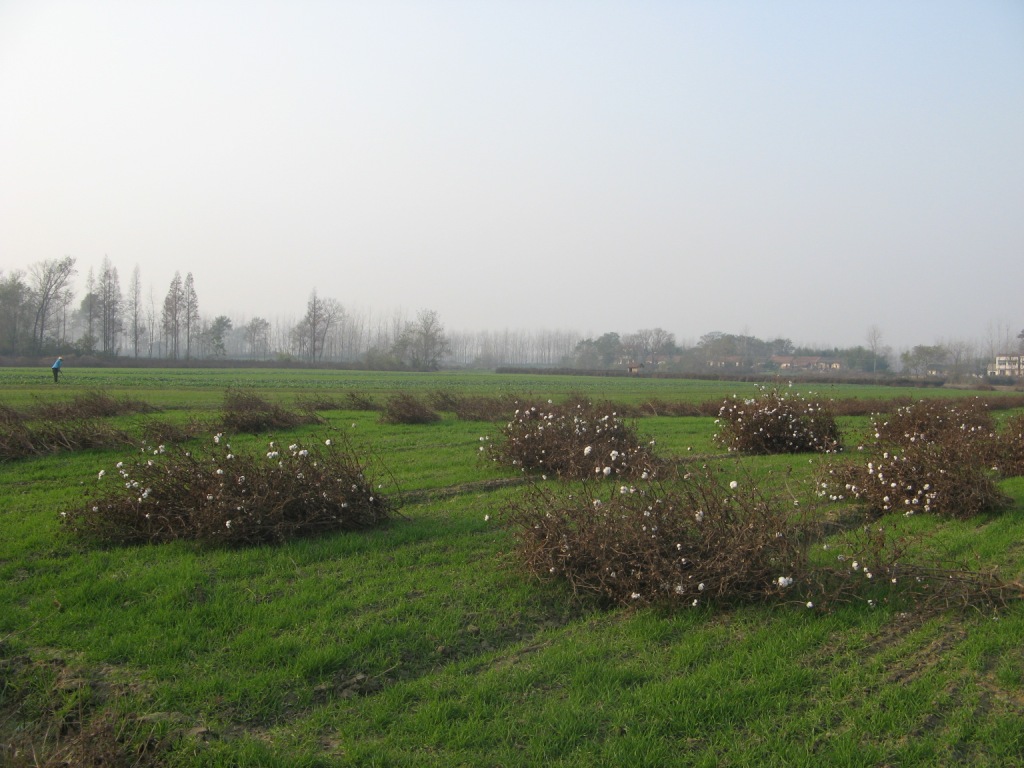Exploring the extent of networking between small-scale, sustainable energy projects led by local communities in the UK, the project asks whether and how this networking assists in the innovation of…
Community Innovation for Sustainable Energy
Opening Up Natural Resource-Based Industries for Innovation: Exploring New Pathways for Development in Latin America
Description: Natural Resource industries, such as agriculture and mining, are generally considered to make little contribution to development objectives due in part to the diffusion within these industries of practices and…
Climate Technology and Development Project
This collaborative project’s aim is to refocus national and international policy agendas in order to improve the prospects for enhancing technology development, diffusion and transfer. The overarching question that the project…
Risk, uncertainty and technology in India
This project explores how different groups in India deal with risks and uncertainties related to advances in science and technology.
EPSRC Regenerative Waste
Four-in-ten people live in hazardous conditions due to poor sanitation. Indeed, with half the population of developing regions without sanitation, United Nations goals of halving, by 2015, the proportion of…
Future Health Systems
Future Health Systems is a research consortium working to improve access, affordability and quality of health services for the poor. FHS is a partnership of leading research institutes from across…
Rethinking Regulation: seeds and drugs in China and Argentina
This project compared the regulation of two technologies – transgenic cotton seeds and antibiotics – with the way those technologies are experienced amongst poorer communities in rural Argentina and rural China.
Beyond Biosafety
Project dates: 2007 to 2010 Debates about transgenic crops have become highly polarised across the globe. In the process, civil society organisations and movements have emerged as key actors, alongside…
Environmental change and maize innovations in Kenya
Maize is seen as a vital part of food security in East Africa. In the context of climate change, market uncertainty and changes in land use, how can farmers and others choose different crops or alternative methods for growing maize?
Grassroots innovation: historical and comparative perspectives
This project examines inclusive innovation and the present-day programmes and social movements which promote it. It looks at possible strategies and approaches to support and harness inclusive innovation.

